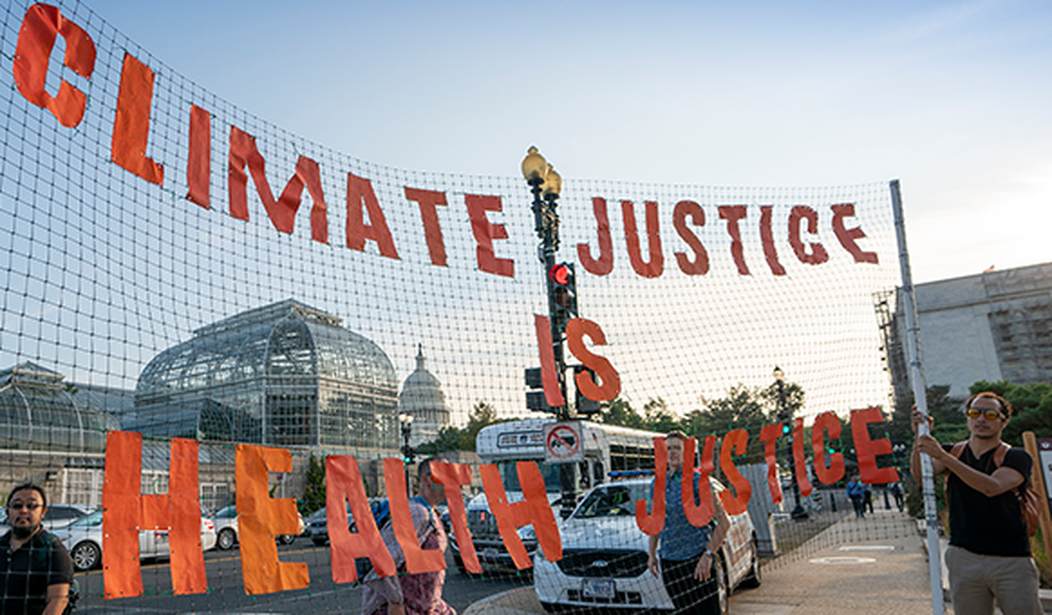The Ninth Circuit Court of Appeals did no favors for the climate alarmism movement this afternoon, after the panel of judges in San Francisco threw out a lawsuit against the government based on climate change.
The suit was filed in 2015 by a group of young climate alarmists, insisting that the government is solely responsible for creating climate change via cooperating with the fossil fuel industry. The suit claims that the government turned a blind eye to the potential for damage via carbon emissions. Lawyers serving both Presidents Obama and Trump asserted that the government is not at fault because a livable climate is not guaranteed in the Constitution.
Circuit court judges Mary H. Murguia and Andrew D. Hurwitz and District Judge Josephine L. Staton heard the case. In a rare moment of constitutional textualism by the Ninth Circuit, the trio of Obama nominees affirmed in a 2-1 vote that it was not the duty of the court to craft climate change policy, or to tell the legislative branch how to go about making laws.
“The plaintiffs claim that the government has violated their constitutional rights, including a claimed right under the Due Process Clause of the Fifth Amendment to a ‘climate system capable of sustaining human life.’ The central issue before us is whether, even assuming such a broad constitutional right exists, an Article III court can provide the plaintiffs the redress they seek—an order requiring the government to develop a plan to ‘phase out fossil fuel emissions and draw down excess atmospheric CO2.’ Reluctantly, we conclude that such relief is beyond our constitutional power. Rather, the plaintiffs’ impressive case for redress must be presented to the political branches of government,” Judge Hurwitz wrote in the majority opinion.
Recommended
Dissenting in the decision is District Judge Josephine L. Staton, who claims that this case could be in the scope of the judiciary:
“My colleagues throw up their hands, concluding that this case presents nothing fit for the Judiciary. Plaintiffs bring suit to enforce the most basic structural principle embedded in our system of ordered liberty: that the Constitution does not condone the Nation’s willful destruction. So viewed, plaintiffs’ claims adhere to a judicially administrable standard. And considering plaintiffs seek no less than to forestall the Nation’s demise, even a partial and temporary reprieve would constitute meaningful redress. Such relief, much like the desegregation orders and statewide prison injunctions the Supreme Court has sanctioned, would vindicate plaintiffs’ constitutional rights without exceeding the Judiciary’s province,” Staton wrote.
The Ninth Circuit correctly decided this case; indeed, it is not the role of the judiciary to legislate or to instruct the legislative branch how to do so. Ruling in favor of the plaintiffs in this case would have set a dangerous precedent, and today is a good day for the adherence to one of our most fundamental principles: separation of powers.
























Join the conversation as a VIP Member